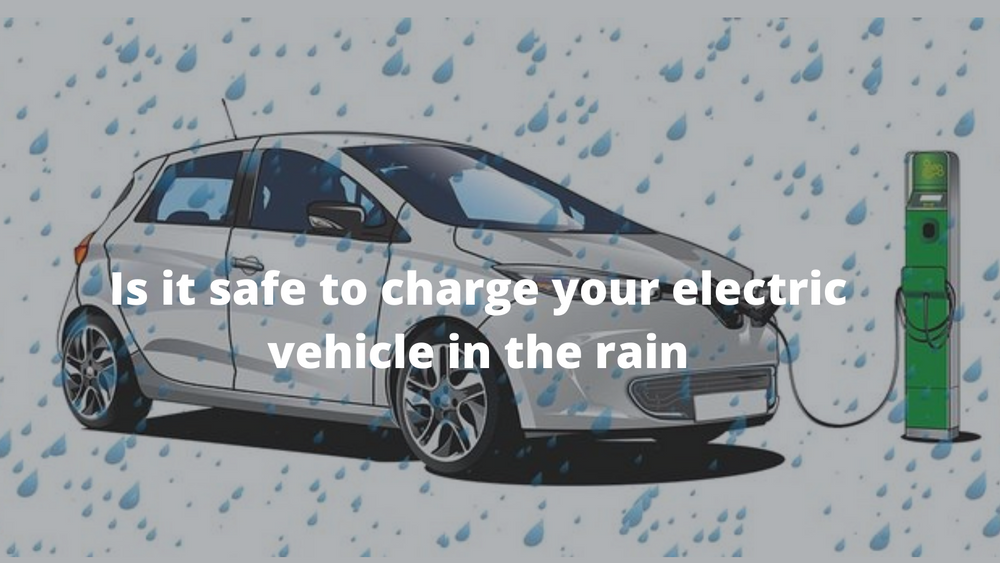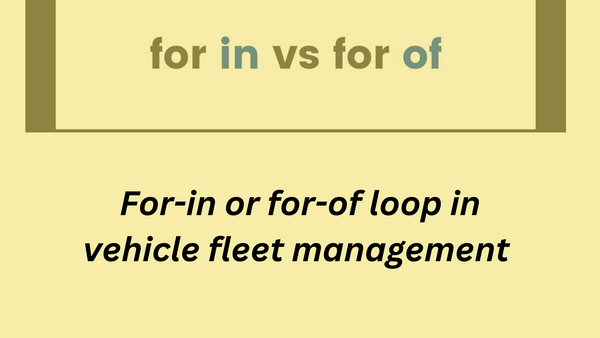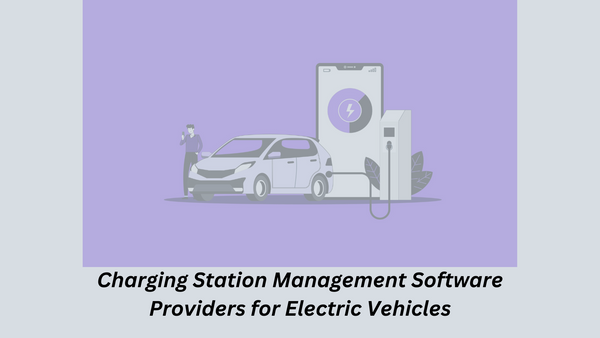Is it safe to charge your electric vehicle in the rain?
Hello people. This article gives you an idea on is it safe to charge your electric vehicle in the rain and how waterproof electric vehicles are.
Electric vehicles go through rigorous testing and follow several safety protocols. The battery pack components are well-sealed, insulated, and are watertight, to ensure there’s no entry of water.
Electric vehicles have an Ingress Protection (IP) system. IP rating in an electric vehicle could be IP65 or IP67 rating, depending on the vehicle. Here the digits represent their protection against water and dust.
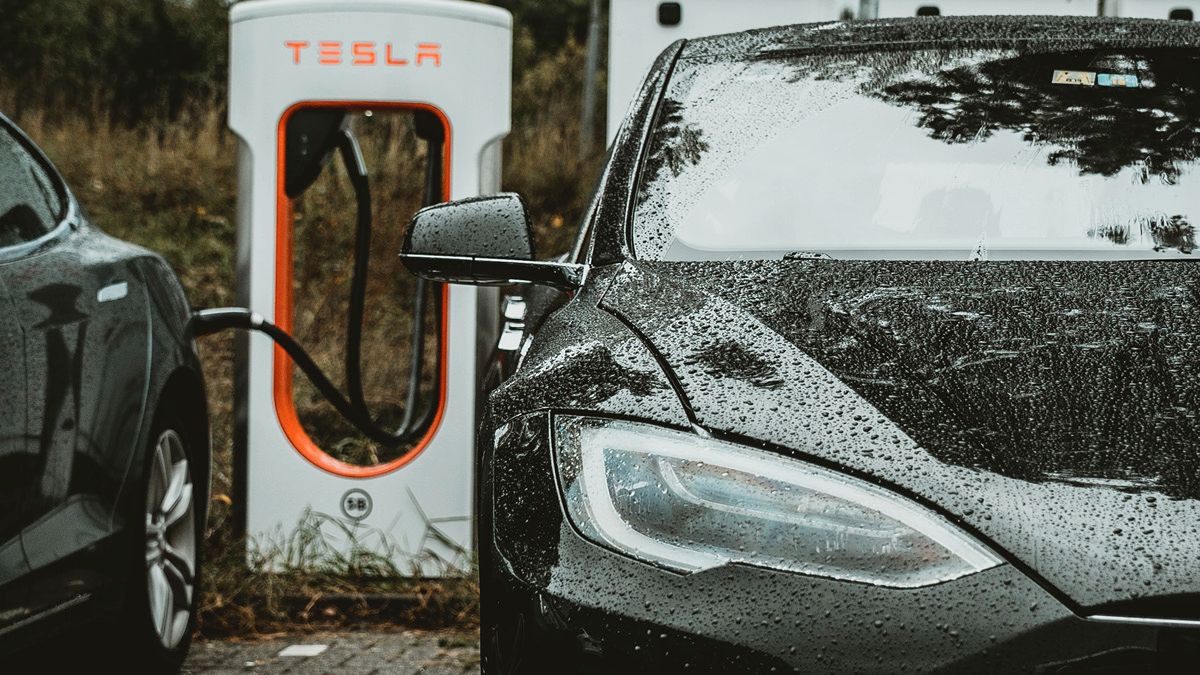
Higher the Ingress Protection rating, the better is the protection against water and dust. Modern-day Electric vehicle batteries have an IP67 rating. This is quite adequate. Above IP67 is used generally for specialized equipment such a submarine, etc.
Are you looking to start your business in the electric vehicle industry? We provide software development, web application development, mobile application development, charging stations management app, electric vehicle fleet management software development, cyber security and all software services. Please check our home page here https://iwheels.co/
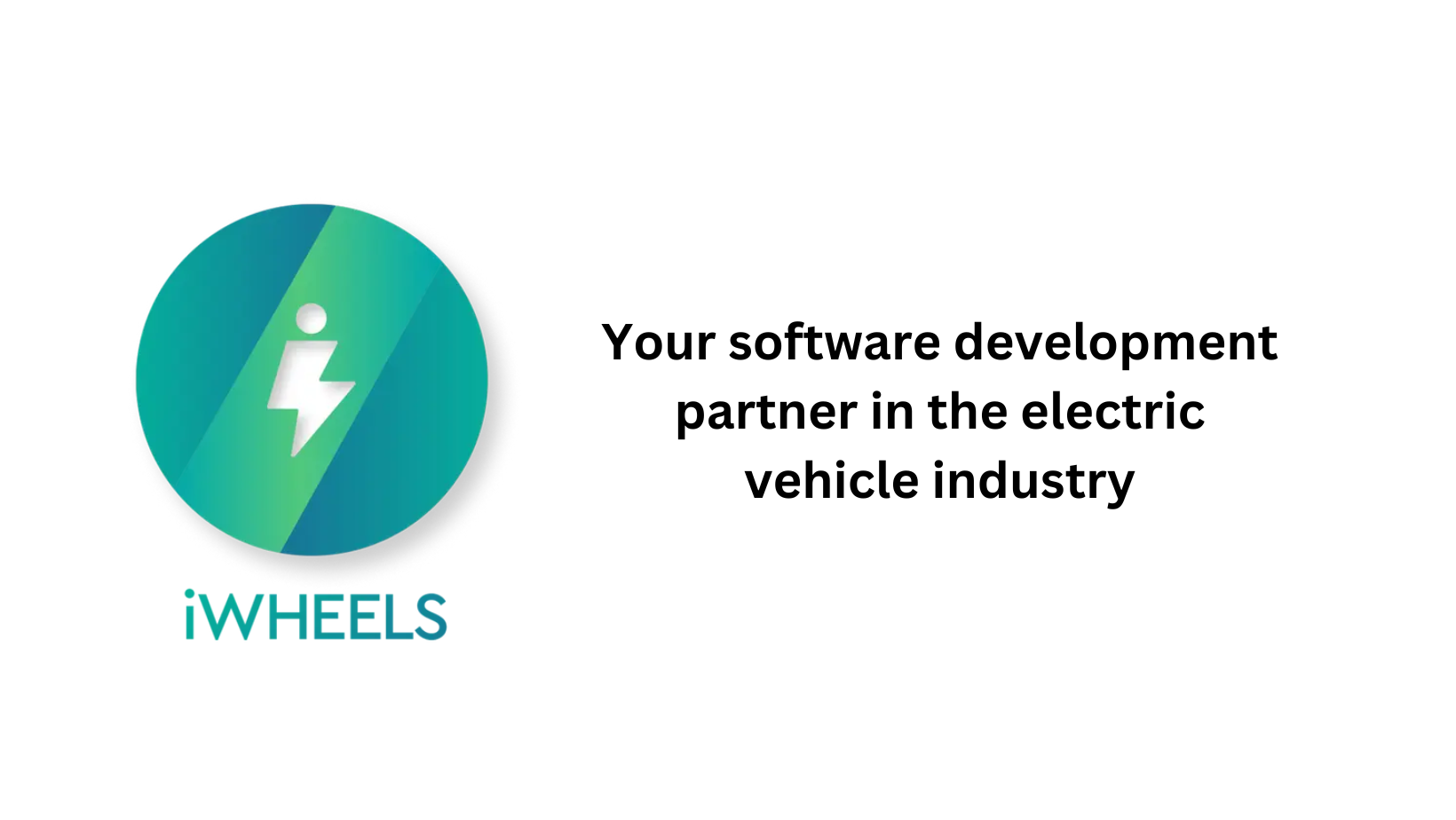
Ok. Let's get back to the article.
Electric cars are waterproof to flood water also. An IP67 rating allows EV to submerge the vehicle in water up to a meter in height for up to 30 mins without any leakage. Electrocution, therefore, is not a risk, when you take your EV through flooded areas
In a situation where the car needs to encounter waterlogging or a flood-like situation, water depth is usually about 300 mm and one does not have to worry about damage to the terminals, connectors and high voltage system of the vehicle.
Driving an electric car in a pool of water doesn’t cause any malfunction. It doesn’t conduct electricity into the water or around the vehicle. All systems inside the battery pack have multiple layers of protective cutoffs.
These cutoffs activate at the first sign of water ingress. The main battery pack also has the ability to isolate itself electrically from the rest of the car.
Electric cars undergo high pressure, deep water testing in extreme conditions to ensure comprehensive plugging of any weak spots.
Many people think that charging an electric car can be dangerous when it’s raining. Don’t worry about that. EVs and recharging stations are built to handle bad weather.
When it comes to charging stations, Level 2 chargers most commonly come with an IP 44 rating. This offers protection from solid objects, like dirt and dust. It also protects against water splash, such as rain coming for every direction.
With Level 2 charging, the device acts as a big safety switch. When you plug the car in, it starts communication with the device. It does measurements to determine everything is safe and only then will it begin the flow of energy.
Even if something is wrong, the car and charging outlet will recognize the problem before anything more serious occurs. For example, if you drive to drive your car while connected to a level 2 charger, the vehicle will recognize a charger is connected to it and will not move with the device connected to it.
In conclusion, electric cars are generally safer than conventional cars when it comes to dealing with flood-like situations and charging in rain due to their insulated nature and fewer moving parts.
Hope this article about is it safe to charge your electric vehicle in the rain is useful to you. To read about jobs in the Electric Vehicle Industry, please visit Job opportunities in Electric Vehicle Sector and its Charging Infrastructure industry

